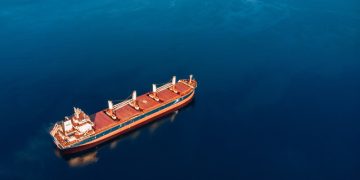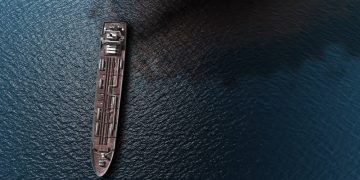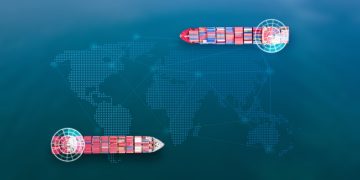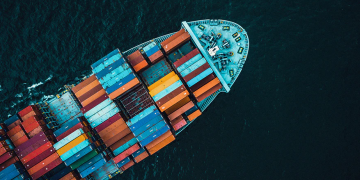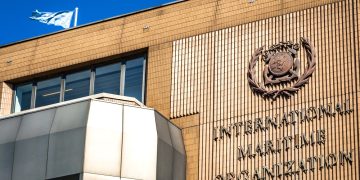OCIMF Guidelines The safe operation of on board installations with marine residual fuel (HFO) and low sulphur marine distillate fuel should be covered by a Hazard Identification (HAZID) assessment.INTERTANKO and OCIMF have developed guidance with Recommendations on the Hazard Assessment of Fuel Changeover Processes with the aim of providing a simple check list of items which should be part of a Risk Assessment and a Hazard Identification (HAZID) assessment, for main engines, auxiliary engines and boiler systems in oil tankers covering the switching to, and long term operation on, low sulphur marine distillate fuel. It is recommended that such assessments are conducted in cooperation with classification societies, equipment manufacturers/ installers and/ or other experienced entities.The differences between the composition and physical properties of low sulphur marine distillate fuel and residual fuels (HFO) result in significant differences with regard to the safe operation of installed systems which should be addressed by specific operational instructions and procedures.Operators will need to undertake a risk assessment of the fuel switching process and, based on the results, consider the initial design or the need for modification to existing equipment, as well as updating instructions and providing associated training to the crew.Classification societies should be consulted ...
Read more







